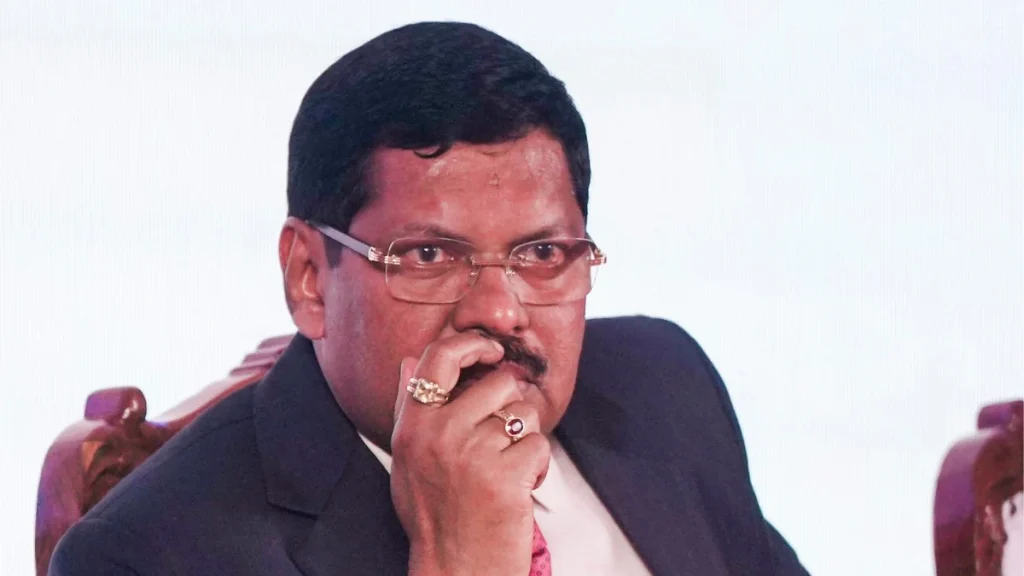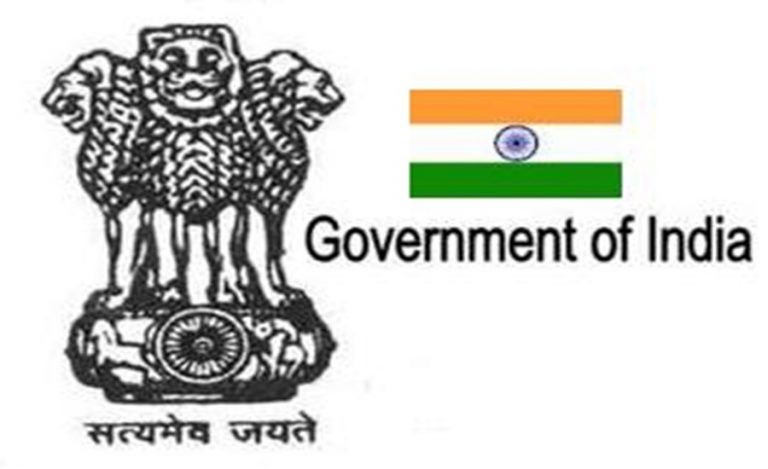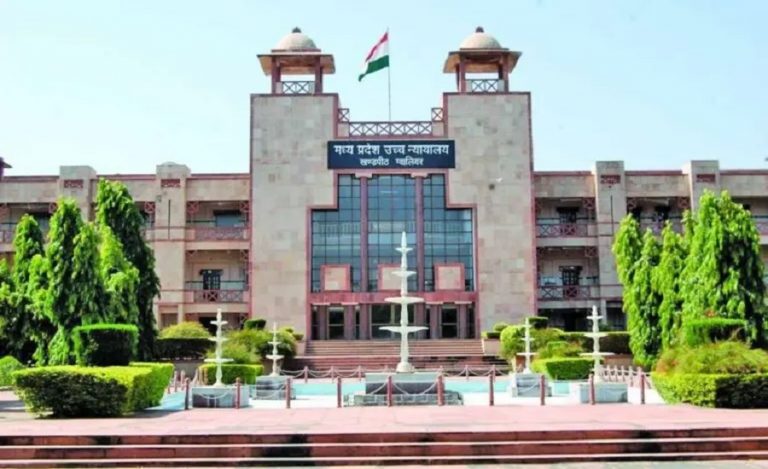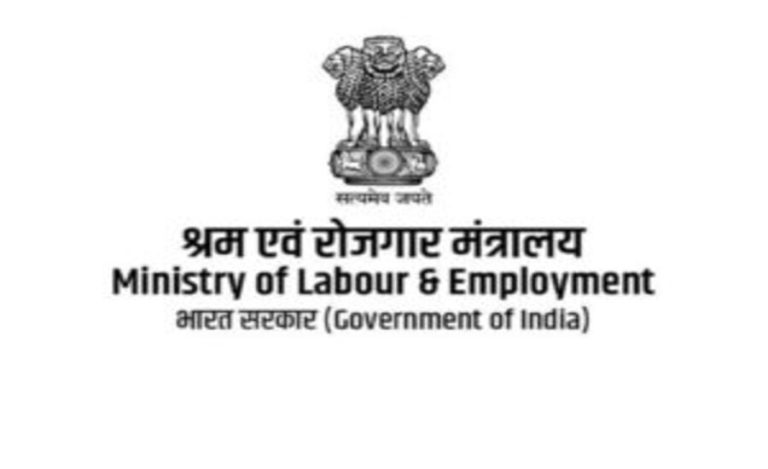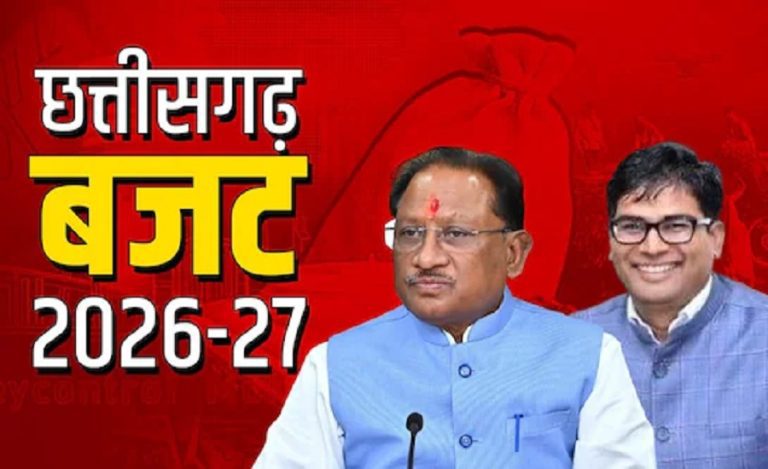Amaravati: Chief Justice of India (CJI) BR Gavai on Sunday reiterated his stance on the exclusion of the “creamy layer” from Scheduled Caste (SC) reservations, emphasizing that children of affluent professionals, like IAS officers, should not be equated with children of poor agricultural labourers. His remarks came during a public function in Amaravati, Andhra Pradesh, just days before his retirement.
CJI Gavai Highlights Controversial Judgment
Addressing the gathering, CJI Gavai said, “I took a view that the concept of creamy layer, as applied in the Indra Sawhney case for Other Backward Classes (OBCs), should also be applicable to Scheduled Castes, though my judgment on the issue has faced wide criticism.” He added that judges are generally not required to justify their judgments but chose to speak given the nearing end of his tenure.
He also reflected on broader social progress, noting that equality and women’s empowerment have gained significant momentum in recent years, and discrimination faced by women has been widely criticized. Justice Surya Kant is set to succeed him as the next Chief Justice of India.
Past Stance and Supreme Court Rulings
In 2024, Justice Gavai had observed that states must develop mechanisms to identify the “creamy layer” within SC/ST communities and deny them reservation benefits to achieve true equality. He had emphasized that sub-classification within Scheduled Castes and Scheduled Tribes is permissible and empowers states to implement affirmative action effectively.
CJI Gavai cited Dr. B.R. Ambedkar, noting, “Unless we have social democracy, there is no use of political democracy.” He underscored that preferential treatment should be granted to backward groups within SC/STs if only a few benefit from reservations.
Government Clarification on Creamy Layer
The Union Cabinet had clarified in 2024 that the Constitution, as framed by Dr. B.R. Ambedkar, does not explicitly recognize a “creamy layer” within the SC/ST reservation system. Union Minister Ashwini Vaishnaw affirmed that reservations for SCs and STs must adhere to constitutional guidelines.

